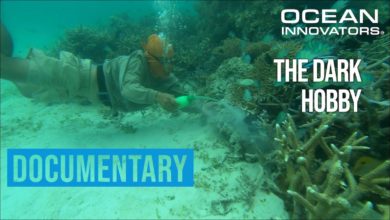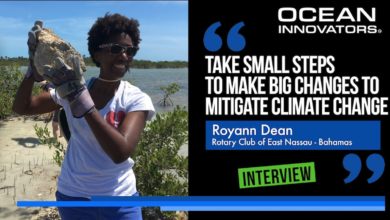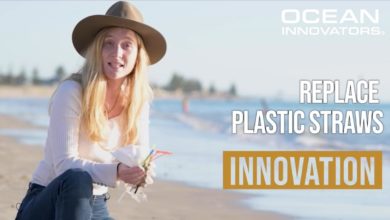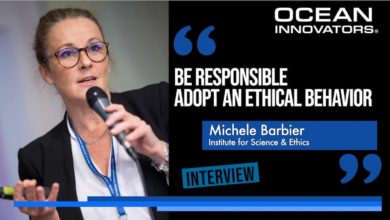TerraCycle Global Foundation: Recycling the non-recyclable
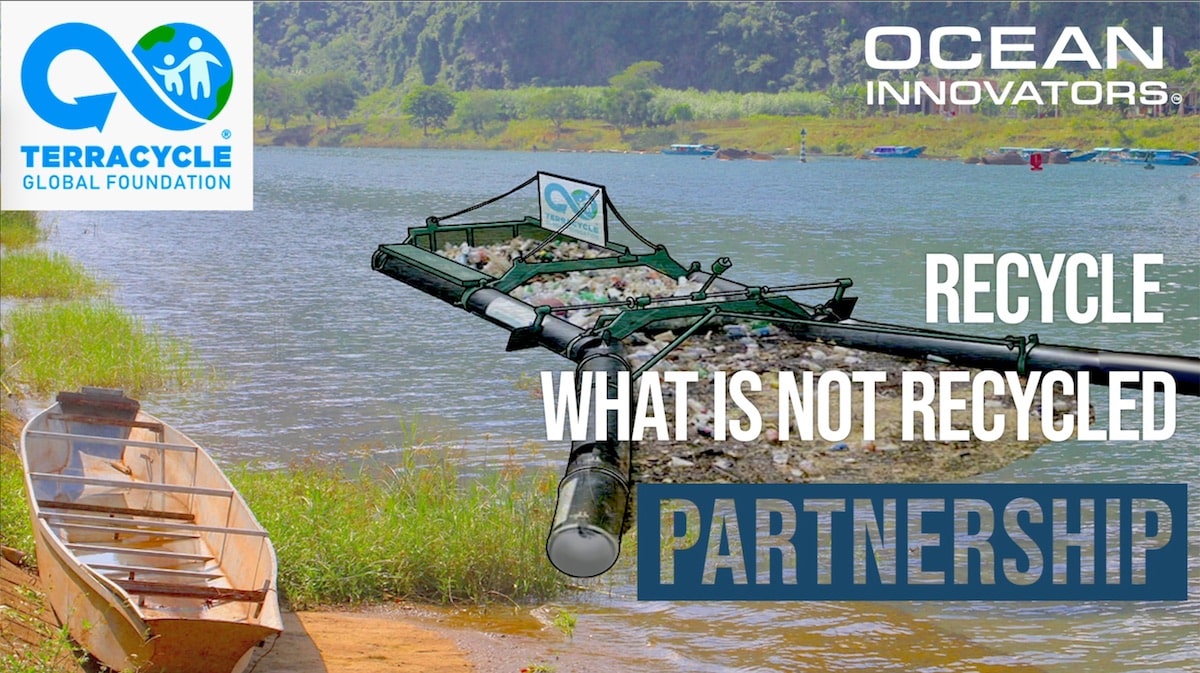
- The Problem
- The solution
- Terracycle Global Foundation three-way approach
- Understand your partner values and drivers
- TerraCycle Global Foundation interview
- Get involved
The Problem
The World Economic Forum reports that 90% of the plastic pollution ending up in our oceans comes from only 10 rivers. These 10 rivers are all located in Africa and Asia. Developed nations (including Australia) have a huge responsibility in the choice of products they consume and the way they send rubbish to developing countries. For innovators around the world, tackling this issue, there are huge challenges to overcome. How do you build international collaboration? What are the cultural, political and societal challenges to overcome? How do you engage local communities? Can you undertake a sustainable project and still generate value? Learn more about the TerraCycle Global Foundation today!
The Terracycle Global Foundation solution
The TerraCycle Global Foundation mission is to address the complex challenges of collecting and recycling waste before it enters our oceans. The foundation engages with local communities in emerging economies to provide waste collection and recycling platforms. TerraCycle places a special emphasis on preventing plastic pollution from entering our oceans. Today, Szaky talks about their partnership with the Blue Carbon Society, a Thai environmental group partnering to install “River Trap” – marine debris capture devices, along the Lat Phrao Canals in Bangkok.
Twenty-30 years ago, the waste in the oceans came from everywhere, now it has narrowed to come mostly from South-East Asia and Africa. TerraCycle wants to bring solutions to these regions. However, CEO and founder, Tom Szaky emphasises it is very important to understand that this is a global issue. Up until the 1980s, even New York City used to dump all of its garbage into the ocean. Today, due to our global waste supply chain, it just happens that the active contribution has shifted to newly emerging regions.
Terracycle Global Foundation three-way approach
Terracycle take a three-way approach to reducing ocean pollution:
- Collection and recycle of things that may otherwise end up in our oceans.
- Integration of unique waste streams, like ocean plastics or river plastic back into consumer products.
- Develop reusable systems to eliminate waste altogether.
Understand your partner values and drivers
TerraCycle approach partnerships by seeking to understand and honour the value drivers of each participant. Szaky offers “Think about how to show them (prospective partner) how they can achieve what is important to them by leveraging what is important to…ourselves” Many companies have global headquarters from where they manage their locations around the world. The TerraCycle Global Foundation typically starts at the global level and leverage their respective in-house expertise to establish in-country partnerships. Their TerraCycle Thailand Foundation has been funded by organisations such as the Benioff Foundation, PepsiCo Foundation, Coca-Cola Foundation and others. The waste that is collected from the floating river clean-up devises are recycled, as locally as possible, into different products, from new packages all the way to playgrounds. Szaky advises, that to be successful in the long term, it’s very important that the local population end up owning the platforms.
TerraCycle Global Foundation interview
Can you tell us. What is Terracycle?
(Tom) Terracycle is a global waste management company and our mission is, as you said earlier in the introduction, to eliminate the idea of waste. And we do that in three major ways. We try to collect and recycle things that are difficult to recycle that may end up in our oceans if they are not collected. We then focus on how to integrate unique waste streams, like ocean plastics or river plastic back into consumer products so they can have another life. The third is we develop reusable systems to eliminate waste altogether, so it never has to be collected from the ocean or made into something, and we do that today across 20 countries around the world.
Why did you create this foundation in the first place?
(Tom) Terracycle I started 18 years ago when I was in university wanting to create a for-profit social business. That put the mission first, that for us, is how to eliminate waste, and then figure out how to make money. But we realised a few years ago, there are certain markets and certain regions of the world we couldn’t enter easily as a for-profit organisation, such as Thailand. So we created the Terra Cycle Foundation which is a public charity. Through the foundation, we were able to enter emerging countries and bring the type of thinking that we have done in countries like Brazil, France, or the US to emerging regions like Thailand or India.
So can you tell us more about your actions?
(Tom) In our foundation, for example, a platform was launched in Thailand where we launched the Terracylce Thailand Foundation. We received funding from organisations such as the Benioff Foundation, PepsiCo Foundation, Coca-Cola Foundation, and others which allowed us to set up a large number of river clean up devices. These floating machines were put in canals and rivers to capture the floating waste in them before it ends up in the ocean. We take the collected waste and recycle it into different products like new packages, and all the way to playgrounds, as locally as possible.
Who are your members?
(Tom) If you think about the people that Terracycle, either as a foundation or for-profit organisation, that we influence. We typically get funding from brands, retailers, and sometimes governments. The people who action our platforms are usually individuals who care about these topics, all the way to folks who are just consuming in their local supermarket
And so what do you need and how can we help?
(Tom) I think the most important thing that Terracycle needs is people to come be aware of us and learn about us. You can do that by visiting our teracyclefoundation.org website or teracycle.com to learn more and to take part. You can take part as an individual participating in one of our platforms in a country where you may live, you can also take part if you work at an organisation and partner with us. So please take a look and learn about us, we’d love to hear from you and figure out how to involve you in our platform. Today there are over a quarter billion people in the world who are somehow participating in a Teracycle system somewhere, so you may already be, and if you are thank you, and if not we’d love to have you involved.
Why did you decide to focus on Thailand rivers?
(Tom) It’s similar to what you said earlier in the intro, 20-30 years ago, the waste in the oceans came from everywhere, and it has narrowed to come from mostly SE Asia and Africa. We wanted to bring solutions to those regions so they too, could stop contributing to the ocean plastic problem. But it is so important to understand, that even the City of New York used to dump all its garbage in the ocean up until the 1980s. This is a global issue, and it just happens that the active contribution has now shifted to newly emerging regions.
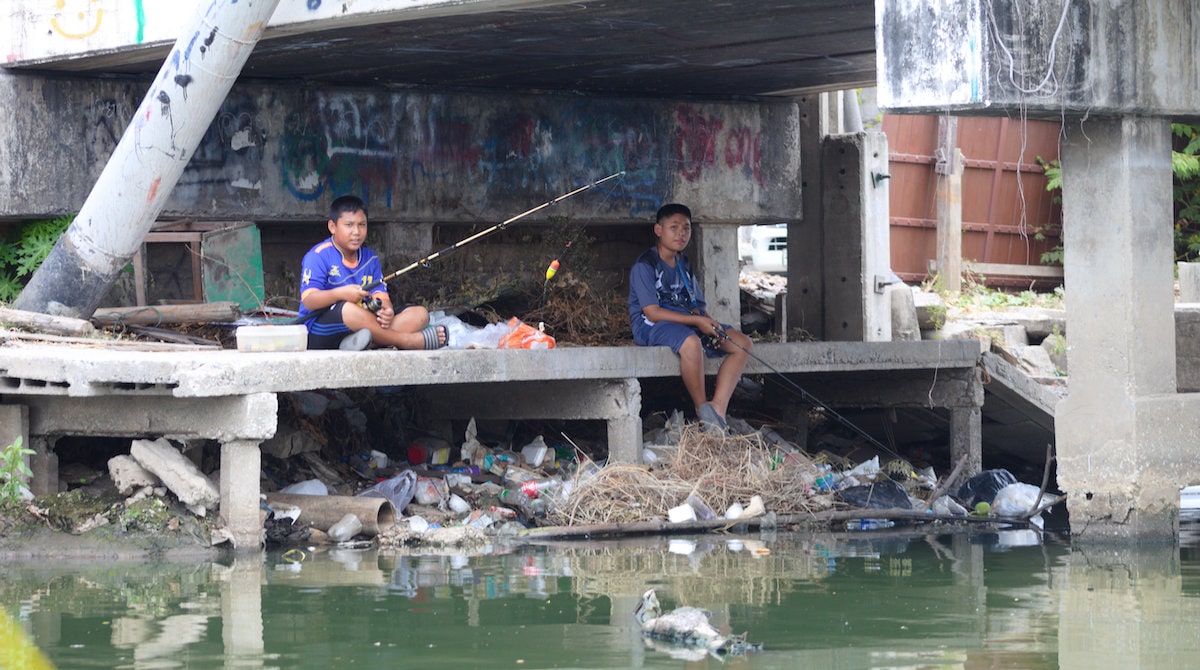
How are you resolving the problem?
(Tom) I wouldn’t say we’re solving the problem. That is so important. Because the solution to the problem comes from consumers consuming differently. Remember we vote for the future we want with what we buy, and that is also what ends up creating waste. So in Thailand, we’re not actually solving the reason for the problem, but we’re at least trying to solve the problem before it ends up in our oceans, by cleaning canals and rivers. To solve the issue, we need to encourage people to buy differently. We have different platforms that we’re deploying for that as well, but you need to think; how do you solve ocean plastic by what people buy, how it enters the ocean, and how do we clean up the ocean? All three of those things are very important to have in parallel.
How did you build local collaboration with Thailand?
(Tom) One of the important things here is to think about how to cooperate with companies on a global basis. Many companies will have global headquarters where they manage all of their locations around the world, and so that is how we usually enter such partnerships. Not necessarily locally but at the global level. Then we align on how to enter into the market, leveraging their expertise, as well as ours. Really the important part on partnerships, is not just to focus on what is important to you, so for me, what’s important is eliminating the idea waste, but for some of these other companies, something else is important. It’s very important to honour what makes them, what they have to think about, and what makes funding for them get released. Think about how to show them how they can achieve what is important to them by leveraging what is important to, in this case to the social business actor, ourselves. But not just to focus on what is important to us.
Why is it critical to involve the local population?
(Tom) Because the local population is who needs to end up owning these platforms. You know you can create these globally, but they have to be implemented and leveraged locally and be important for the local people. Otherwise, they won’t last or be there many years into the future. So for me, what is important in these projects is not just to create them but make sure they have a very long lasting effect.
What is your five second slogan message you want to give to our audience?
“Vote for the future you want to live in with what you buy.” – Tom Szaky
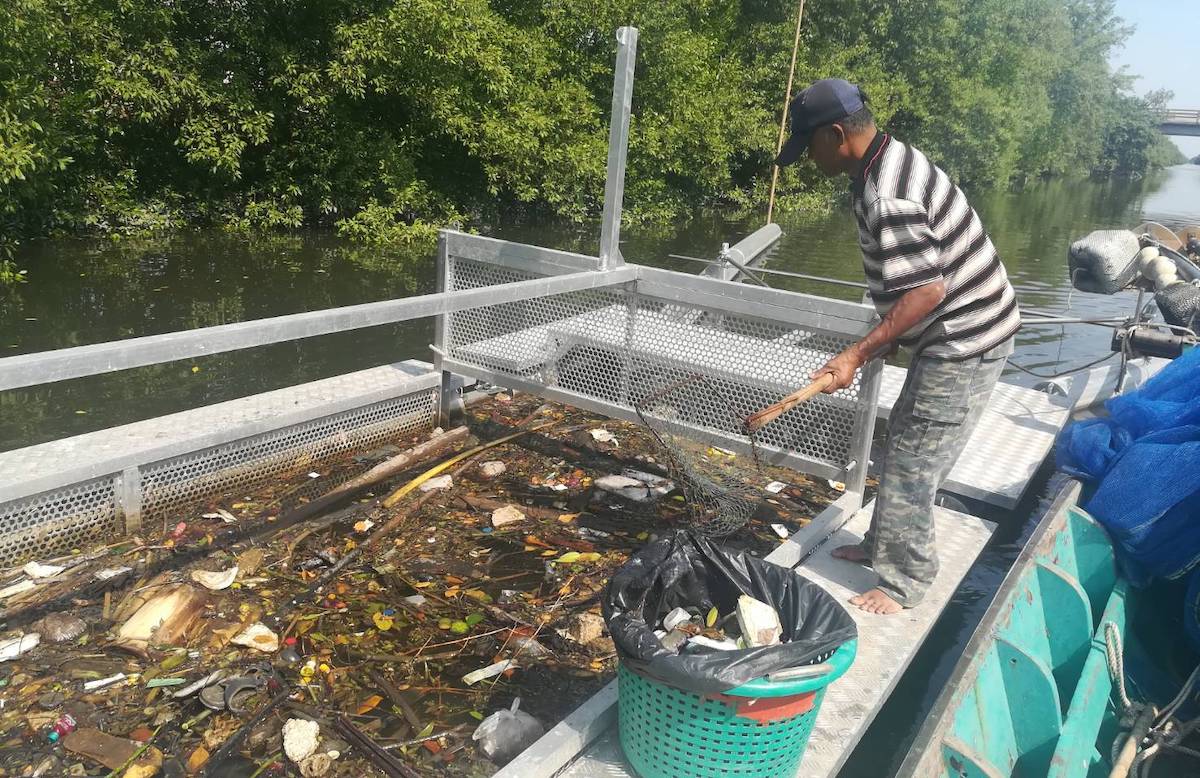
Get involved
Whether you’re an individual or an organisation, you can take part in the TerraCycle platforms. Today there are over a quarter billion people in the world who are participating in a Teracycle system somewhere and somehow. If you are already – “thank you”, and if not, the TerraCycle Global Foundation would love to have you involved. Connect with them via terracyclefoundation.org or terracycle.com.
Find the foundation on social media on LinkedIn, Instagram, Facebook and Twitter.



